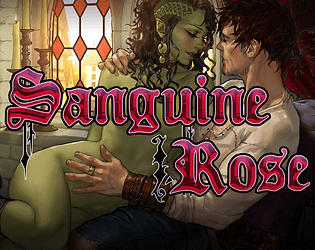
Yasuhiro Anpo, the director behind the acclaimed remakes of Resident Evil 2 and Resident Evil 4, disclosed that the choice to revamp the 1998 classic was sparked by the overwhelming desire from fans to see the game restored to its former glory. Anpo shared, "We realized: people really want this to happen". This realization prompted producer Hirabayashi to decisively state, "Alright, we'll do it".
Originally, the team had contemplated beginning with Resident Evil 4. However, after careful consideration, they determined that this game, lauded as nearly perfect since its debut, posed too great a risk to alter. Instead, they turned their attention to an earlier entry in the series that was in dire need of a modern overhaul. To better align with player expectations, the development team also delved into fan-made projects for insights.
Despite Capcom's internal deliberations, skepticism persisted even among fans following the release of the remakes of Resident Evil 2 and 3, and the announcement of the Resident Evil 4 remake. Many argued that, unlike its predecessors, Resident Evil 4, which launched in 2005, did not necessitate the same level of updating. While Resident Evil 2 and 3, originally released in the '90s on PlayStation, featured dated mechanics like fixed camera angles and cumbersome controls, Resident Evil 4 had already revolutionized the genre upon its release.
Despite these reservations, the Resident Evil 4 remake successfully captured the essence of the original while enhancing the gameplay and narrative elements significantly. The commercial triumph and glowing reviews validated Capcom's decision, demonstrating that even a game considered nearly sacrosanct could be reimagined with reverence and creativity.
















